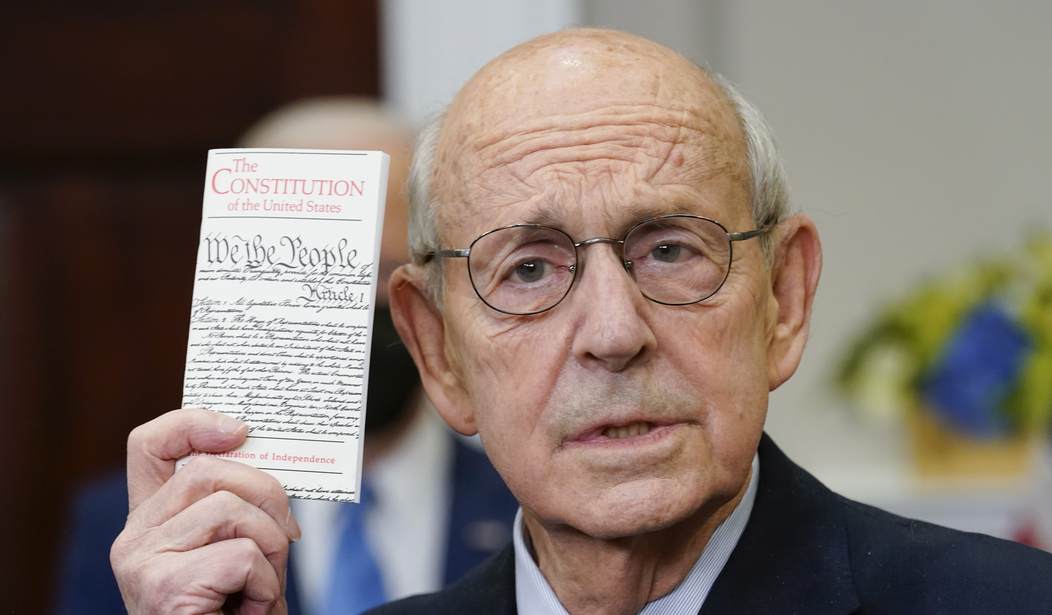Article 1, Section 2 of the United States Constitution describes one of the few enumerated powers of the federal government: The census. That section states in part:
Representatives and direct Taxes shall be apportioned among the several States which may be included within this Union, according to their respective Numbers, which shall be determined by adding to the whole Number of free Persons, including those bound to Service for a Term of Years, and excluding Indians not taxed, three fifths of all other Persons. The actual Enumeration shall be made within three Years after the first Meeting of the Congress of the United States, and within every subsequent Term of ten Years, in such Manner as they shall by Law direct.
13 U.S. Code Section 141 is the "...by Law direct" part. That legislation talks about counting; it says nothing about counting demographics. The closest that section comes to allowing asking specifics, like race, sex, etc., is this:
Each such plan shall be developed in accordance with criteria established by the Secretary, which he shall furnish to such officers or public bodies not later than April 1 of the fourth year preceding the decennial census date. Such criteria shall include requirements which assure that such plan shall be developed in a nonpartisan manner.
This "criteria" apparently is why the Census Bureau is now trying to determine how to ask questions that are not defined in the Constitution or in 13 USC Section 141: Specifically, questions about sex, sexual preference, and so on.
The U.S. Census Bureau is thinking about how to ask about sex. People have opinions.
Dozens of health officials, civil rights groups, individuals and businesses have weighed in about how the statistical agency should ask about sexual orientation and gender identity for the first time on its most comprehensive survey of American life.
An Associated Press review of the 91 written public comments posted last month shows them to be largely supportive of the proposed additions, though not without constructive criticism.
The proposed questions geared toward people age 15 and older will be tested sometime this year. If given final approval, they would be the first to directly ask about these topics on the American Community Survey, which already asks about commuting times, internet access, family life, income, education levels, disabilities and military service, for example.
Here's my question: Why?
The census has a defined constitutional purpose: To count heads, to determine the apportionment of House seats. The relevant number is the number of living, breathing persons in each state, in each district; one could argue (and I would) that if the census could be reformed in one aspect, it would be to have the decennial count be only of United States citizens; not green card holders, not illegal aliens, only those Americans who are citizens, born or naturalized.
But in these odd days, every individual group seems to feel the need to be recognized, even when there is no reason to do so.
See Related: If the LGBT Activists Want More Representation in Video Games Then I Have a Demand of My Own
It's not at all clear why the Census Bureau needs to do this. It's bad enough that the census is counting the mass influx of illegal immigrants, the vast majority of whom have vanished into our big blue cities, and apportioning congressional districts on that count; this can only be seen as a gross distortion of the census system, tipping the House of Representatives far to the left of where it would have been ordinarily.
Why does the Census Bureau need to take an action that will further separate Americans into categories? Is there any outcome of this that does not somehow violate the principle of equal treatment under the law?
See Related: Immigration Experts Detail Just How Badly Illegal Aliens Could Impact the Election
Like so many things the federal government does, this has all blown up far beyond the purpose enumerated in the Constitution. Asking questions like this is intrusive; it serves no constitutional purpose; it is an utter and total waste of taxpayer dollars. The constitutional purpose of the census is to determine how many Americans there are and where they live. Nothing else. It would be great to see some reform — it would not appear to be a violation of the Constitution, for instance, to restrict the count to American citizens. But there is no reason to take the counts described here.
The Rutherford Institute had this to say:
The Rutherford Institute, a conservative civil liberties legal group, said in public comments that the proposed questions would violate people’s right to privacy, adding that “many people are incredibly uncomfortable providing such detailed private information.”
Which is, in and of itself, reason enough to ditch this unconstitutional scheme.














